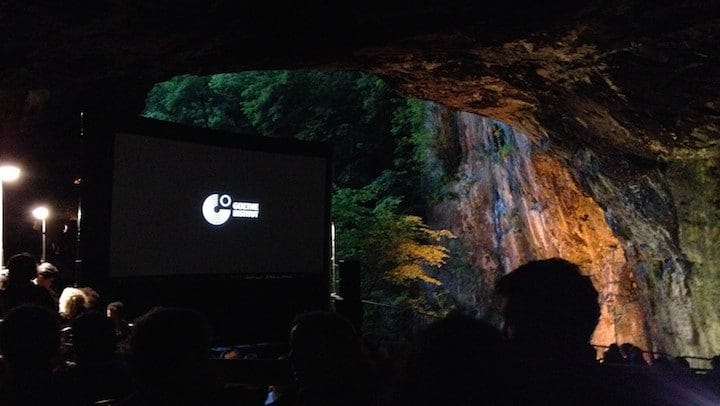Sheffield Doc/Fest Day 1: ‘Happiness’ Is a Screening in a Cave

It takes a special kind of nerd to walk through the streets of London obsessively looking at the driver of every taxi in the hopes of spotting Tony from the Up films. That was me on Saturday during a brisk walk through the rain on my way to catch a train to Sheffield for this year’s Doc/Fest. Also in that wet walk: a brief stop at Covent Garden for a fe…
Keep reading with a 7-day free trial
Subscribe to Nonfics to keep reading this post and get 7 days of free access to the full post archives.



